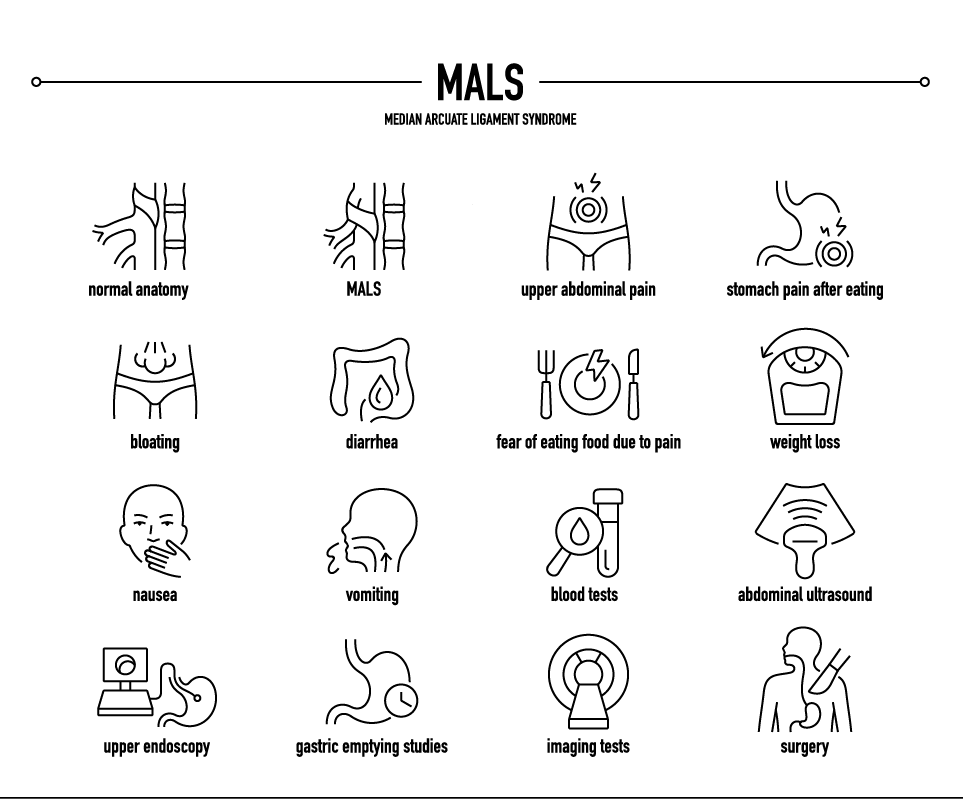 GI Endoscopy
GI Endoscopy
Study: Early postoperative endoscopy safe, effective for esophageal cancer patients

Editor's Note Using early postoperative endoscopy to detect anastomotic leakage after minimally invasive esophagectomy does not increase postoperative adverse events, according to a study published February 10 in the journal Surgery. Anastomotic leakage is one of the most severe adverse events of minimally invasive esophagectomy for esophageal cancer. Often deadly,…
Colonoscopy fees higher for hospitals than ASCs, study finds
Editor’s Note US hospitals charge approximately 55% higher average fees than ambulatory surgical centers (ASCs) for colonoscopies covered by private health insurance. The findings, from the Johns Hopkins Bloomberg School of Public Health, appeared as a research letter in JAMA Health Forum on December 15. The analysis is one of…
Study: Surgeon communication with patients on innovative procedures
Editor's Note This study from the UK finds that patients are not given sufficient information about innovative surgical procedures and their potential risks and uncertainties. Researchers collected data on seven cases, using preoperative interviews with surgeons, audio-recorded consultations during which innovative procedures were discussed between surgeons and patients, and postoperative…
Managing MALS during surgery means addressing chronic pain

Median Arcuate Ligament Syndrome (MALS) presents a challenge to anesthesiologists and surgeons alike in the OR. Clinicians often do not know how to identify and treat this condition, and it can go undetected for years. “I think the reason many anesthesiologists, even pain specialists, aren’t well versed or aware of MALS…
Automatic surgical skill assessment using AI
Editor's Note This Japanese study finds that an automatic surgical skill assessment with artificial intelligence (AI) is more objective than a manual video review-based skill assessment, and it can reduce the time consuming and labor intensive human burden of manual review.. A total of 120 intraoperative videos of laparoscopic colorectal…
ChatGPT fails American College of Gastroenterology self-assessment tests
Editor's Note In this study led by researchers at Northwell Health, New Hyde Park, New York, ChatGPT-3 and ChatGPT-4 did not pass the 2022 and 2021 American College of Gastroenterology self-assessment tests. The tests help students gauge how they would perform on the actual American Board of Internal Medicine Gastroenterology…
Effectiveness of alcohol flush, drying cycles of AERs
Editor's Note This study, led by researchers at the University of Pittsburgh School of Medicine, finds that air flush cycles used in automated endoscope reprocessors (AERs) may not adequately dry endoscope channels, particularly narrow air/water channels. Endoscopes were reprocessed per protocol with a 3-minute or 10-minute air flush following reprocessing.…
The Joint Commission issues Quick Safety on preventing light source-related burns during surgical procedures
Editor's Note The Joint Commission, on April 10, released a new Quick Safety advisory on preventing patient burns from light sources used during laparoscopic or arthroscopic procedures. Burns from these light sources can go unnoticed because they typically do not produce smoke or charring, even of surgical drapes, The Joint…
Nonoperative vs operative management of acute appendicitis in older adults
Editor's Note This study from the University of Texas Southwestern, Dallas, finds that nonoperative management of acute appendicitis was associated with reduced complications in older but not younger patients. Included in the analysis was data from the Agency for Healthcare Research and Quality’s National Inpatient Sample on 474,845 patients with…
Endoscope manufacturer Olympus Medical receives third warning from FDA
Editor's Note The FDA on March 15 issued its third warning letter to endoscope manufacturer Olympus Medical, following a manufacturing site inspection and 160 complaints of device failure, as reported by Beckers. The warning letter comes after a Tokyo, Japan facility inspection, where the Single-Use Distal Covers for Duodenoscopes and…

 Free Daily News
Free Daily News